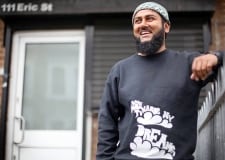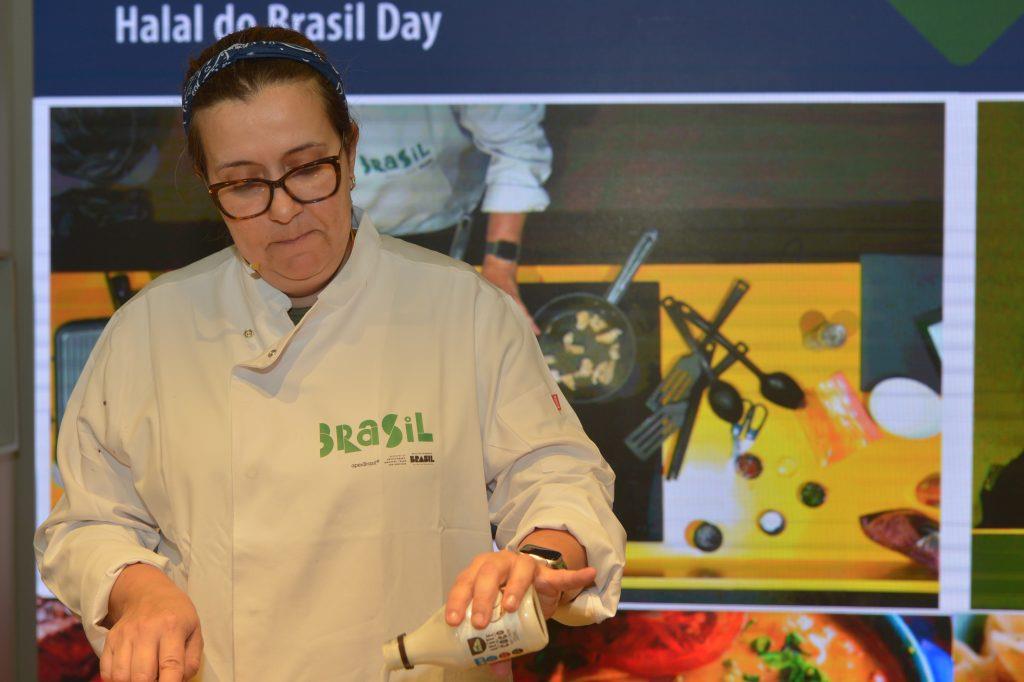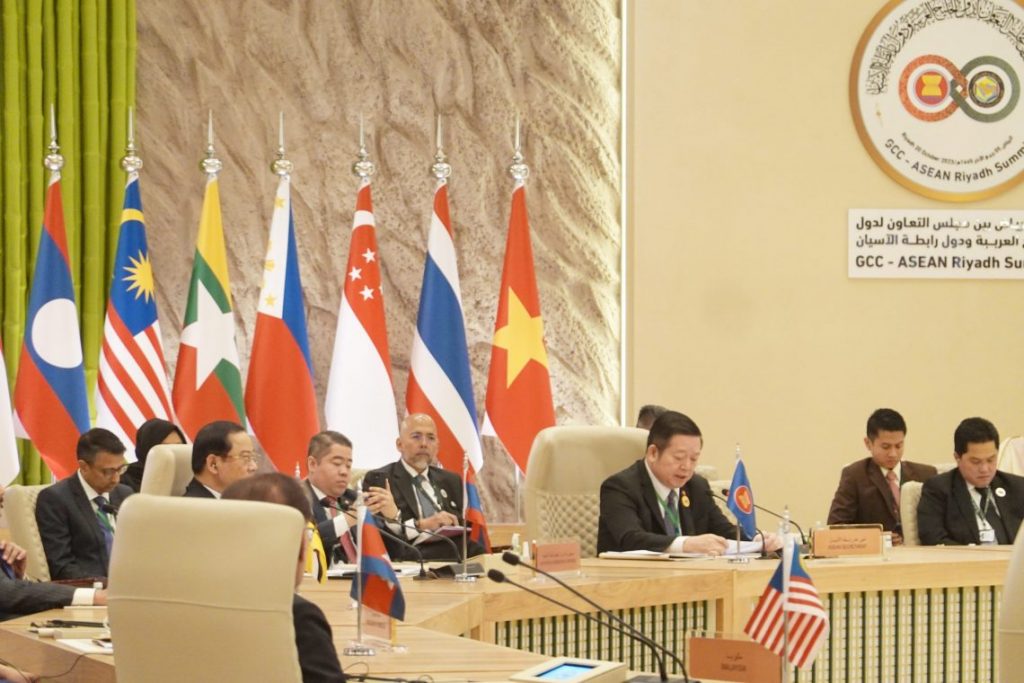
At just 17-years-old Nurull Islam was walking the streets of Mile End with a close group of friends and a petition to gather support for the opening of the area’s first youth centre.
Project for the Adobe Youth Voices Programme.
Now 34, he is one of a group of three volunteers who run one of the most exciting and creative community projects in the East End, which has overseen the production of several award-winning films.
The centre is now running Hoodforts, comprised of a group of 12-17 year-olds who attend the Mile End Community Project in Hamlets Way, just a stone’s throw from Nurull’s childhood home in English Street.
The name Hoodforts is derived from a combination of the words ‘hoodies’, ‘neighbourhood’, ‘thoughts’ and ‘fortress’ and aims to provide opportunities for people of all backgrounds. Nurull explains: “Hoodforts is for anyone who comes through our door. We want to keep young people engaged, and help them to develop their skills.”
As such, it encompasses everything from CV and leadership workshops to football matches in the park, going some way to explaining its enduring popularity amongst young people in Mile End and the surrounding area.
However, it is the latest project under the Hoodforts umbrella, a short film about stereotypes in society, which has enjoyed the most success since the group was first set up in 2010.
The film is aimed at challenging judgements and common misconceptions about people. It took five months to make, and with most of the work undertaken by ten 14-16 year olds, along with volunteer film-makers and photographers with connections to Mile End or an interest in engaging with young people on a creative level.
The end product is a powerful, challenging and artistic four-minute film which raises important questions about the way in which people from all walks of life can be guilty of stereotyping one another.
In May, it won first prize at the prestigious Adobe Youth Voices Awards at the British Film Institute, and has also earned a nomination in the Limelight film awards, to be held at The Troxy in Commercial Road on Thursday June 14.
Nurull talks with visible pride when discussing the film’s success, believing that such recognition can have a hugely positive impact on the lives of the young people behind it.
He explains: “It was an absolutely amazing feeling to win the award, for everyone involved.”
He opens his arms, and looks around the small room in which we sit. “This is their comfort zone, but making the film and showing it to people outside of their peer group took them out of that comfort zone, and challenged them.
“The fact that the film won should give them the confidence to go out and achieve whatever they want to. We tell them that they should put it on their CVs, as it’s something for them to be really proud of.”
Mahmud Hussain, 16, was one of the young people featured in the film, and was part of the team behind its production. He was filled when discussing the film’s success.
He said: “It was just amazing because we saw all the other films on show and some of them were really good. I was overwhelmed – all the hard work paid off, so it was a great feeling.”
Mahmud also emphasised the importance of the work undertaken through the Mile End Community Project in ensuring that young people are able to use their time effectively and positively. He explained: “The youth centre is keeping young people off the street and occupied. If they’re not occupied, they’re much more likely to go and cause trouble, so the adults in the area benefit too.”
I suggest to Nurull that many of the themes covered in the film seem to be reflected in the other work which the group does, particularly given the emphasis on open-mindedness and challenging norms.
He nods in agreement: “We’re really keen to show people of all ages and backgrounds that it does have implications when you stereotype people. Our projects are focused on creating a platform for debate, breaking down stereotypes, and helping bring the different communities in East London together.”
However, he is keen to point out that film is not the only way in which Hoodforts is engaging with young people in Mile End. There is particular excitement surrounding the group’s fledgling clothing designs, which they hope to develop further in the coming months.
The commitment by the group to other projects illustrates their focus on accommodating people of all backgrounds and interests. Nurrull explains: “We know not everyone is going to be into films, or football, so we like to find out what people can do, and get them involved in whatever they are good at.”
Nurull’s time is balanced between holding down a part time job at sports and charitable organisation London Tigers, with spending several nights a week at the youth centre, and looking after his two young children.
The centre continues to be run by Nurrull and two of the other people involved in starting it up, Assan Ali and Selim Uddin, and he admits that they feel pressure to continue working hard for the group. “When we first started up, we got the whole estate on board helping out”, he explains.
“Now, after all these years, there are only the three of us left, and we see it as our duty to keep up the work, because if we are not here delivering these services, no one else will be.
“In this neck of the woods there’s not really much happening for young people, but when young people see end products like the film, they’ll hopefully feel a sense of pride and belonging in their community.”
20 years on from starting the Mile End youth centre, Nurull remains excited about the “huge potential” of Hoodforts. When seeing the standard of the films the group continue to produce, it’s hard not to share his enthusiasm.








